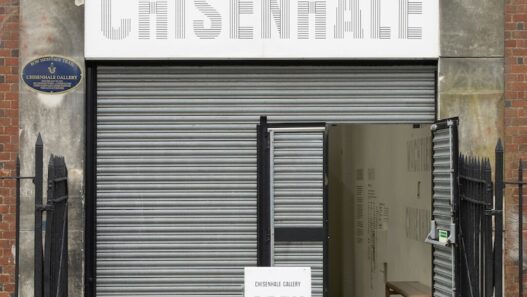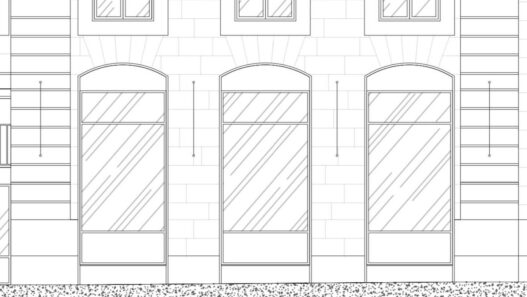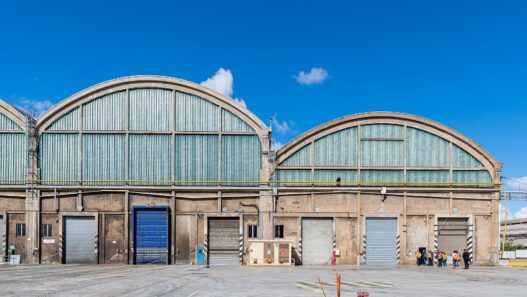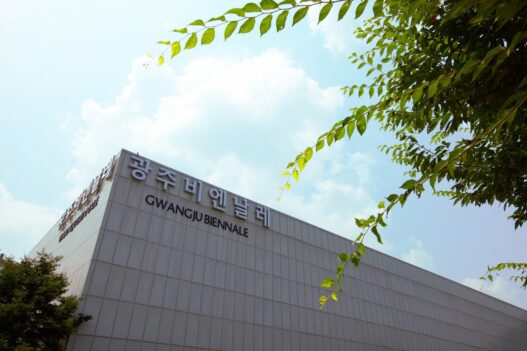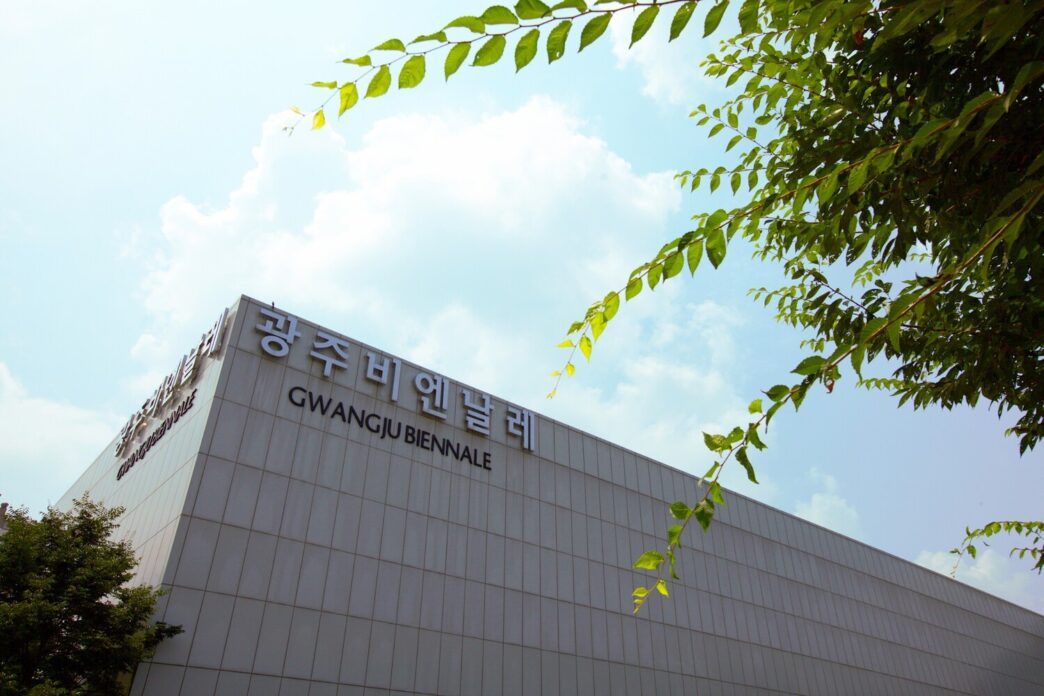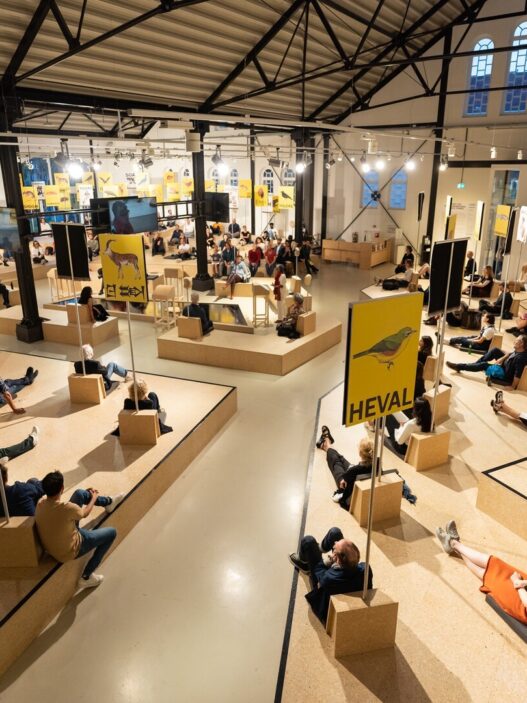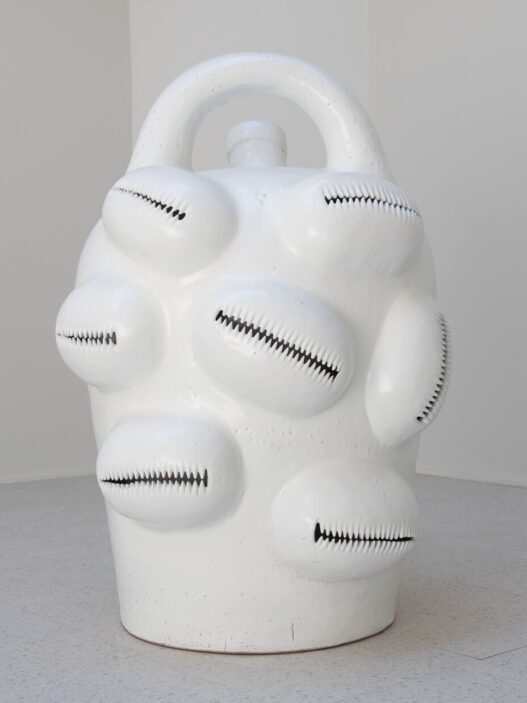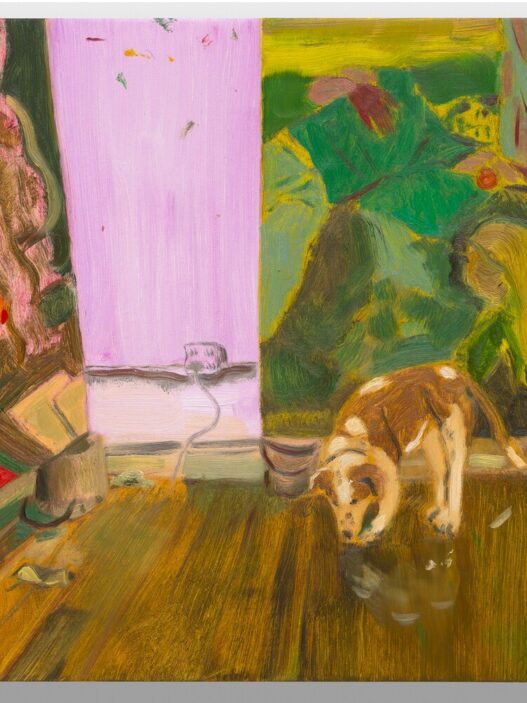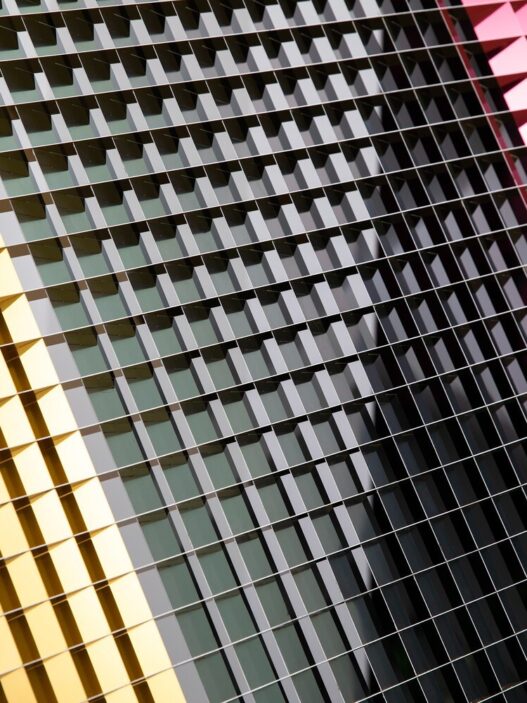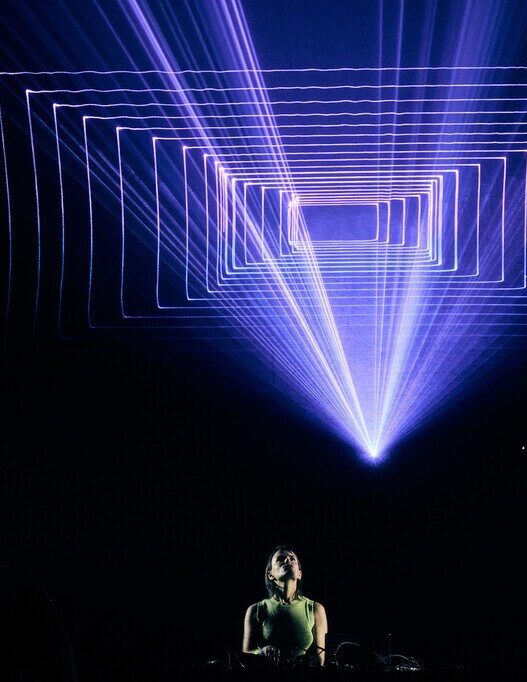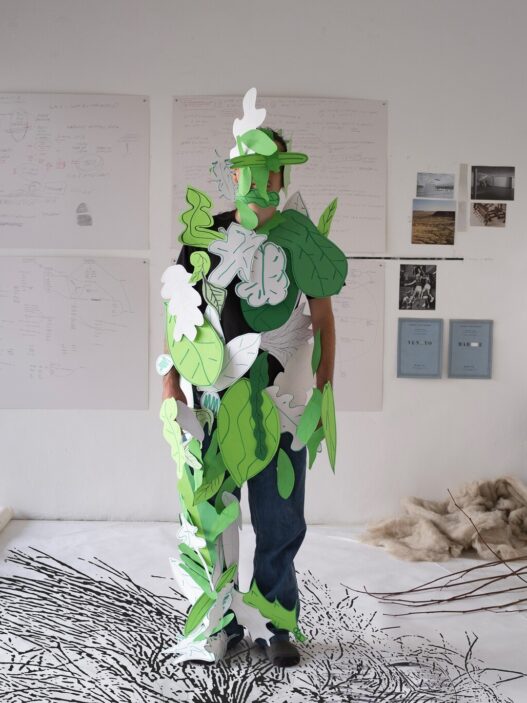The Gwangju Biennale Foundation announces the launch of the city's largest Gwangju Biennale Pavilion.
The Gwangju Biennale Pavilion, which debuted in 2018, intends to encourage exchange between local and international art and cultural institutions. It acts as an international exchange and promotion platform for artists and curators from across the world, as well as local institutions. This year, it will exhibit works by the world’s most active artists and curators, showcasing a wide range of contemporary art to the general public. In addition to the main exhibition light and weak like water, the Gwangju Biennale Pavilion will lead visitors through a colorful picture of modern art during the 14th Gwangju Biennale, which runs from April 7 to July 9.
At the Gwangju Museum of Art, the Amsterdam-based cultural organization Framer Framed will hold evidentiary hearings in the form of an alternative climate court that prosecutes climate crimes committed by governments and corporations that threaten the existence of human and nonhuman communities in the past, present, and future. There will be three public hearings.
The Embassy of Switzerland in the Republic of Korea is hosting an exhibition at Leeleenam Studio that will present an artistic perspective on the urban environment, digital transformations of human perception, and the social changes that accompany them through the photographs of eight young photographers from Switzerland and Korea.
The Ukrainian Embassy in the Republic of Korea will exhibit Ukrainian films at the Asia Culture Center (ACC), sending a strong message of freedom to Gwangju, a city famed for its democratic and humanitarian heritage.
The interaction between humans and objects is examined in a group show organized by the Center for Digital Art in Holon (CDA Holon) in Israel at the Gwangju Media Art Platform (G.MAP).
At the Dong-gok Art Museum, operated by the Bomun Welfare Foundation, the Instituto Italiano di Cultura di Seoul presents the metaphor of water as a symbol of constant becoming, moving beyond anthropocentric and dichotomous paradigms to envision transformative possibilities and introduce narrations of harmonic, hybrid, and sustainable coexistence.
At the Eunam Museum of Art, the National Art Museum of China exhibits the spirit of bamboo and its contemporary visual transformation through sculpture, painting, media, and installation art.
In the LeeKangHa Art Museum in Canada, the West Baffin Cooperative will present a survey examination of current drawing and sculpture methods by its Inuit artist members.
The Adam Mickiewicz Institute will host a comprehensive public program titled “Art Beyond Art,” which will take place at 10YGROUND and Yangnim Salon. A film in support of Ukraine will also be shown at Gallery Podonamu.
Zineb Sedira‘s French Pavilion, which won special mention at the 59th Venice Biennale, is being brought to Yangrim Gallery by the Institut français and the French Embassy in the Republic of Korea. The multidisciplinary show will be customized to reflect Korean cultural and historical legacy.
Gwangju is home to the Republic of Korea’s most important art and cultural institutes. The venues that make Gwangju a world-renowned destination for art enthusiasts are the local institutions. The institutions display modern art throughout Gwangju, ranging from national and city museums to private galleries and alternative settings. These institutions are well-known among local people and will conduct exhibitions, academic exchanges, including symposiums, as well as visitor-friendly public events such as lectures and workshops.
Collaboration between local and international institutions matched at the 14th Gwangju Biennale Pavilion will continue after the Biennale through various cooperation efforts such as exchange exhibitions. This year marks the 60th anniversary of Korea’s diplomatic relations with Switzerland and Canada, making the Gwangju Biennale Pavilion even more significant for the countries.
According to Park Yang-woo, President of the Gwangju Biennale Foundation, “the Gwangju Biennale Pavilion will also act as a conduit for intercultural communication, similar to the Venice Biennale, where nations promote their country’s art.” Prominent cultural institutions from around the world will present their artists and works, creating a platform for global art communities to meet and collaborate in Gwangju.


